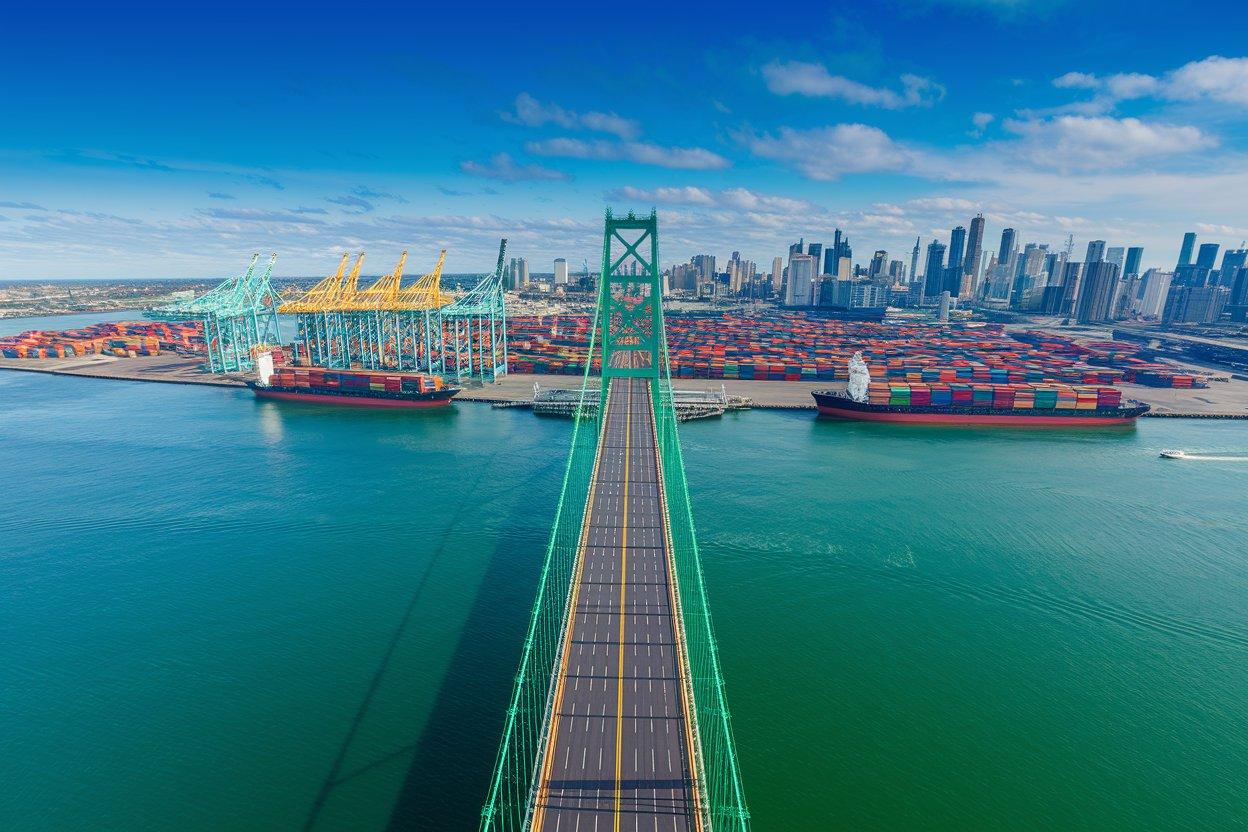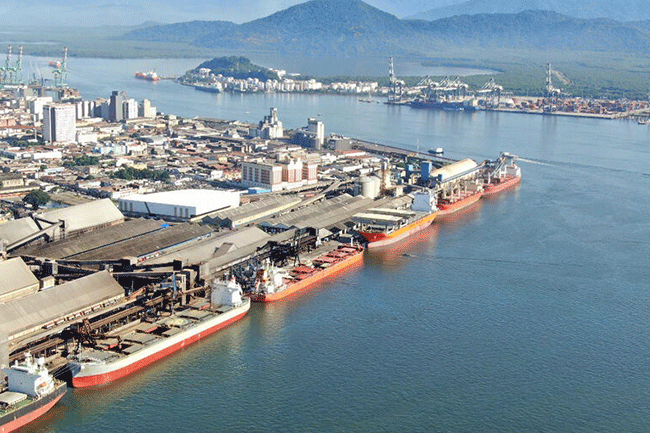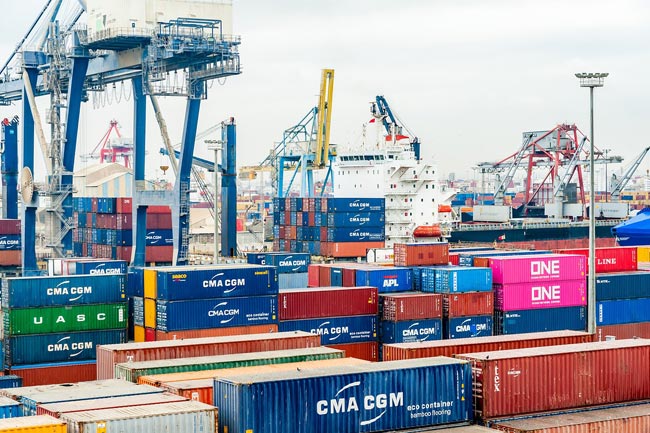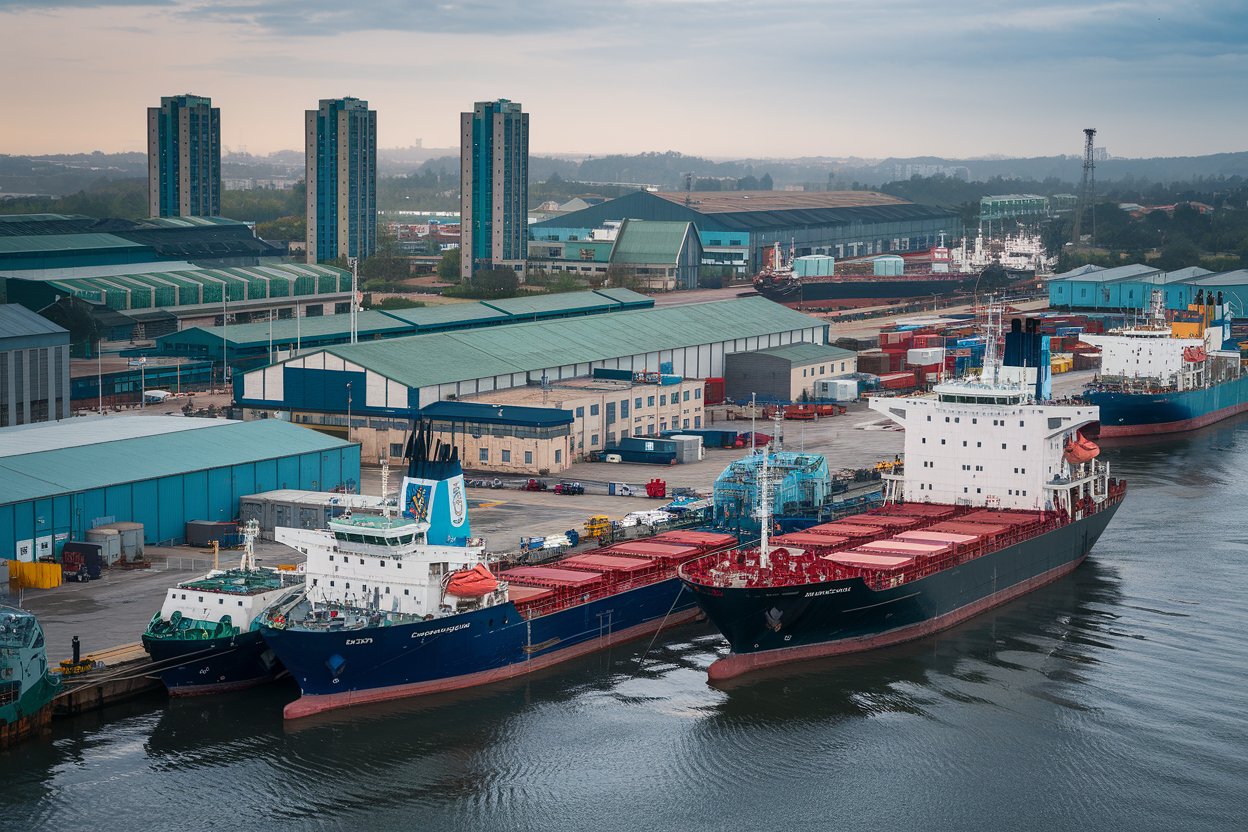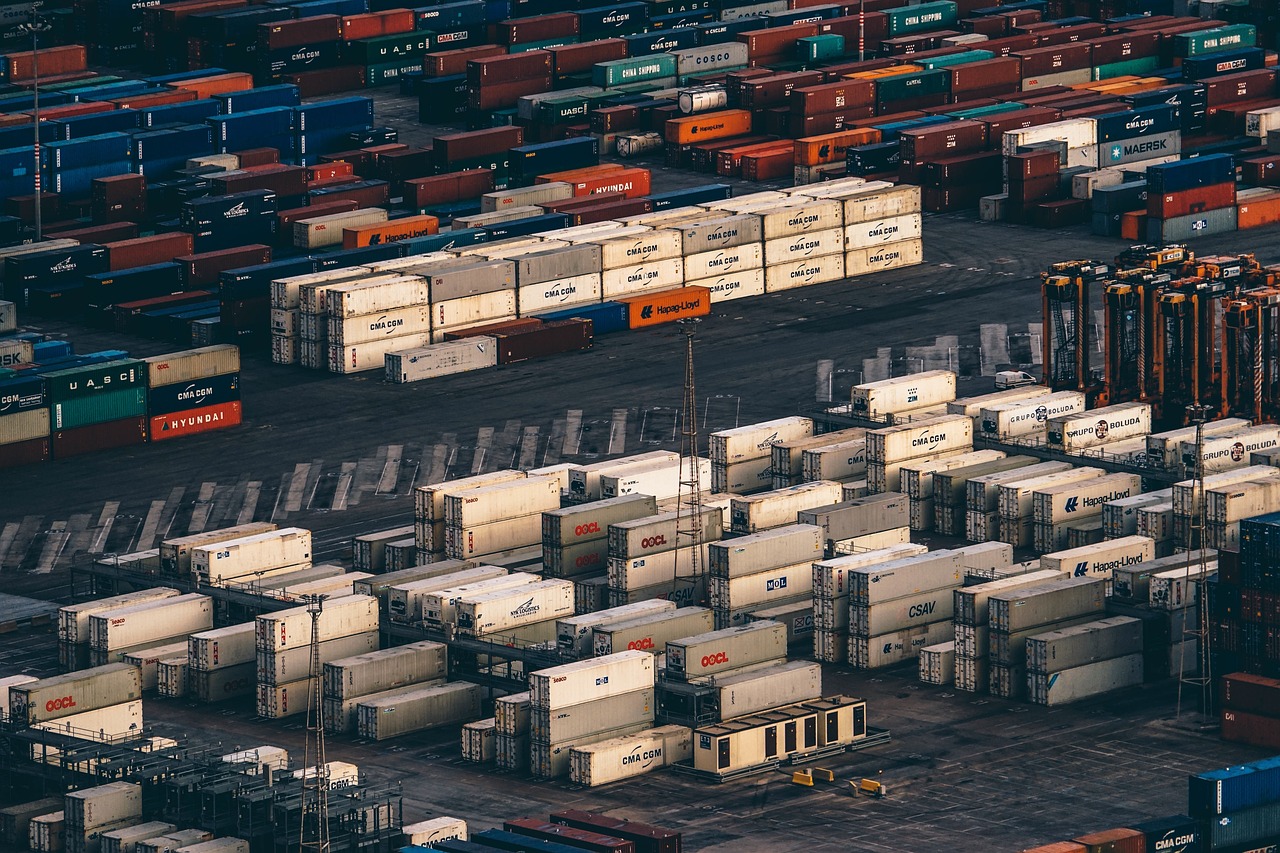- 20 Years of Expertise in Import & Export Solutions
- +86 139 1787 2118
In international trade, it's always a bit overwhelming when a customer abandons goods due to customs clearance issues. Imagine this: a shipment of?New Energy?products, including?solar??photovoltaic?panels, lithium batteries, and inverters, finally arrives at a Mexican port, only for the customer to "vanish into thin air" due to a lack of import experience or cost issues. The cargo has been at the port for two months, and the fees have piled up to $2,100 plus an $800 abandonment fee. What should you do now? Today, we'll discuss this tricky situation and some practical loss-mitigation methods to help you stay composed in similar circumstances.

First, understand the complexities of Mexican customs clearance
Mexico's customs clearance process is no joke, especially for new energy products like solar panels and lithium batteries. Starting January 2025, Mexico implemented new customs rules, requiring all goods to go through stricter procedures, including hiring a professional customs broker, preparing a detailed Import Declaration (Pedimento de Importación), and providing documents like a Material Safety Data Sheet (MSDS). The tax rate for lithium batteries is relatively high, and solar projects may also have battery storage ratio requirements (e.g., large projects must include 30% battery storage). If the customer doesn't have a local tax ID or the customs clearance agent is unreliable, the goods can easily get stuck at the port, with fees snowballing.
Not to mention the recent high turnover of customs personnel in Mexico, which has extended clearance times. New energy products also face additional environmental and safety reviews. If the customer isn't prepared for these from the start, abandoning the goods becomes an "unwilling choice." Fortunately, you have already received the full payment and the freight costs have been settled, which at least makes the situation less passive.
Potential risks of abandonment: The fees will chase you
When goods sit at the port for too long, they not only generate daily increasing container rent, storage fees, and demurrage (which increases daily and can quickly exceed the cargo value), but the shipping line might also seek compensation from the shipper—even if you think the freight is paid, they will sometimes "ruthlessly" pursue liability. In 2025, cases of abandoned containers at Mexican ports like Manzanillo are increasing, with costs easily running into thousands of dollars. If not handled in time, the goods may be auctioned, but the auction proceeds often don't cover the accumulated fees, and you'll still have to pay the remaining bill.
Additionally, after the Bill of Lading is changed to the destination port's customs clearance agent, some responsibility does shift, but if the agent also delays handling it, the goods will still be "unclaimed." The customer's disappearance (WhatsApp messages are read but not replied to) adds to the trouble. At this point, you must act quickly to prevent the fees from continuing to soar.
Loss-mitigation strategies: From reselling to destruction, each has its own method
When faced with abandonment, don't just sit and wait. Here are a few solutions you can try, choosing the most reliable one based on the actual situation:
1. Find a new buyer to resell: Minimize losses
This is probably the most ideal solution. Quickly contact potential customers in Mexico or other countries and sell the goods at a low price. The demand for new energy products is strong, and solar panels and lithium batteries are quite popular in the Latin American market. You can post product details on trade platforms or in your network to find buyers with clearance capabilities. Selling at a discount can still recover some costs, or even help the original customer recoup some losses. Time is of the essence; the faster, the better, to avoid fees exceeding the cargo value.
2. Apply for destruction: Timely loss mitigation
If reselling doesn't work out, applying for on-site destruction is a clean option. Contact the shipping line and port agent, provide a letter of abandonment, and calculate the destruction cost (usually a few hundred to a thousand dollars). Note the environmental requirements for destroying new energy products, but at least you can stop the accumulating storage fees. After destruction, the costs stop, and the shipping line will no longer pursue you.
3. Return and re-export: An indirect way to save the goods
Can the goods be returned to your country? You can try a return shipment, but the customer or agent must bear the return costs (including freight, duties, etc.). Calculate the cost: returning and reselling to another customer might be more cost-effective than abandonment. But note that the return procedure at Mexican ports is complex and requires an advance application, which could take several weeks. For new energy products like lithium batteries, the return must also comply with safety transport rules.
4. Push the agent to act: Don't let responsibility slip away
Since the Bill of Lading was changed to the customs clearance agent, they are now the "nominal owner." Urge the agent to clear customs or find a solution as soon as possible. If the agent and customer are at a stalemate over fees, don't just wait—negotiate directly with the agent, or even offer some assistance (like document support), to get them to clear and sell the goods. Remember, the agent has an obligation to handle these matters; don't let them shirk their responsibility.
5. Negotiate fee reductions: Every little bit saved counts
Talk to the shipping line to see if you can apply for a reduction in container rent or a waiver of some fees. Explain the situation (customer disappeared, full payment received); sometimes they are accommodating. The port fees are already at $2,100, and dragging it out will only make it more expensive. Settle on an agreement sooner rather than later.
Prevent it next time: Start screening from the negotiation stage
This lesson reminds us that when negotiating a deal, you must first ask about the customer's import capabilities: Do they have a tax ID? Are they experienced with customs clearance? New energy products in Mexico have high tax rates and strict reviews. It's best to advise customers to find a reliable agent, or even recommend one for them. Including clauses on customs clearance responsibility and abandonment in the contract can save a lot of trouble later.
Conclusion
22 Abandonment sounds tricky, but as long as you act fast, reselling, destroying, or returning the goods can help you mitigate your losses. The market for new energy products is large, and there are always opportunities. Hopefully, these suggestions will help you avoid pitfalls and make your future collaborations smoother!
Resources
Contact Us
Email: service@sh-zhongshen.com
Recommended for You
Contact via WeChat

? 2025. All Rights Reserved.
